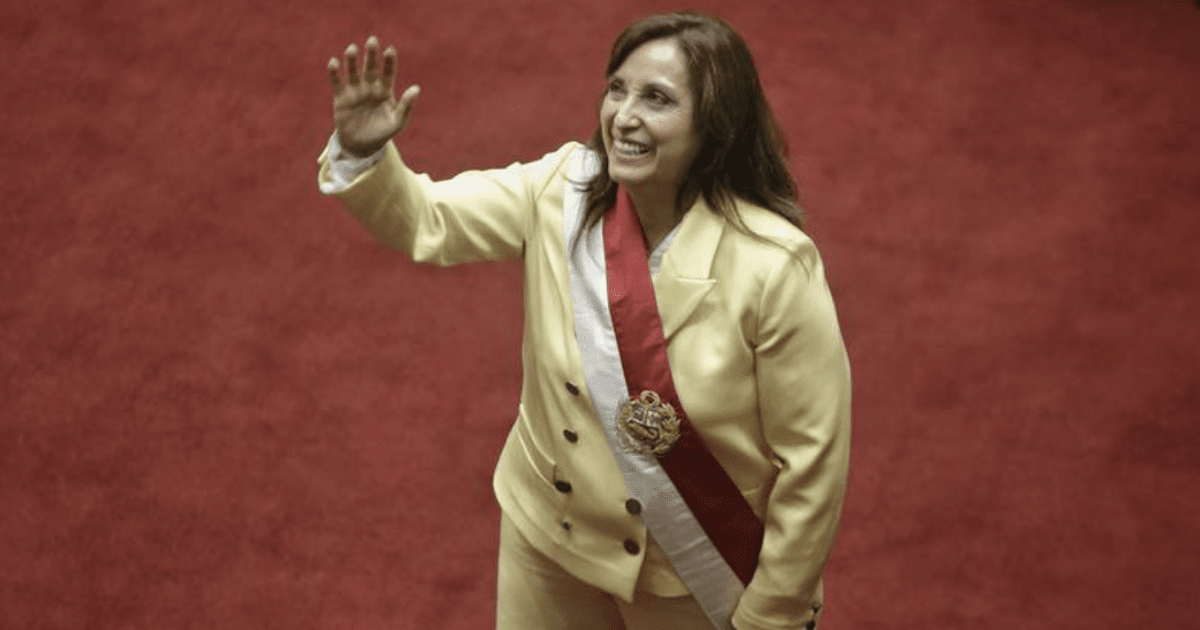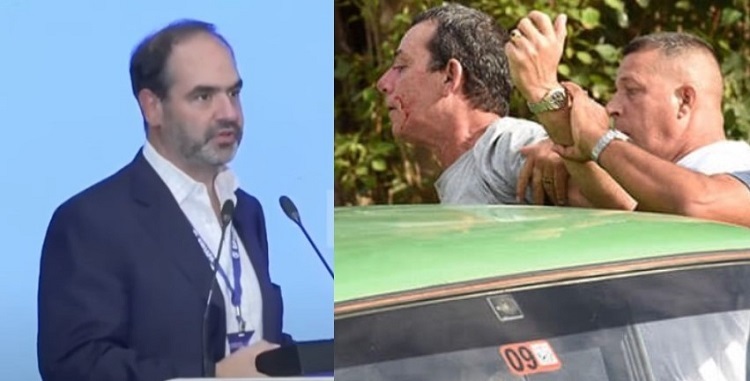On December 7, 2022, Peru experienced a historic moment because Dina Boluarte, took the position of president of the country, the first woman in the country and that occurred in the midst of the controversy of the arrest of the president who was in turn Pedro Castillowho was accused of a coup d’état.
As was seen for former President Castillo, Boluarte’s term will end for the year 2026, although the duration may vary if the current president advances the elections
“Before politics, I am a Peruvian citizen and mother who is aware of the high responsibility that history places on my shoulders,” she declared during the inauguration of her position.
With Dina’s rise to the presidency, there are 22 women presidents or heads of state in the world today, according to data from the United Nations Organization, being Europe where more women are grouped in high government positions, both presidents and ministers. In Latin America, she is the 13th president in history.
Leadership skills
For years, women have faced the distractions of inequality when seeking leadership positions, both in companies and in government, a sector that for years has been dominated by male talent; however, more women are breaking stereotypes and growing more confident.
Some of the qualities that differentiate women leaders from men in the same positions are:
- Creativity
- Planning
- Management
- Leadership
- Negotiation
- Organization
- Resilience
- Better resource management
Only in companies, when you have a woman in a senior management position, is it generated 10.1% more return on investmentwhile in organizations that do not have this talent, they only generate 7.4%, indicates the Center for Research on Women in Senior Management at IPADE.
Presidents in Latam
In Latin America, the presence of women presidents has been notable, since in recent years, many women have led some of the countries in the region.
With the presidential end of Michelle Bachelet in 2018 (from 2006 to 2010, in a first phase, and then from 2014 to 2018) the female presence was closed for a time, but a year later, in 2019, Jeanine Añez took the position of presence for a year of bolivian, after the resignation of Evo Morales. With this, women continued to gain strength.
In 2022, Xiomara Castro once again took the reins of the presidential female leadership and now, Dina Boluarte joins the list of women in the region who will face the most important position in a country.
Other Latin American leaders have been the following:
- María Estela Martinez de Perón: from Argentina from 1974 to 1976
- Lidia Gueiler Tejada: Bolivia from 1979 to 1980
- Ertha Pascal-Trouillot: from Haiti from 1990 to 1991
- Violeta Barrios de Chamorro: from Nicaragua from 1990 to 1997
- Rosalía Arteaga: from Ecuador only in 1997
- Mireya Moscoso: from Panama from 1999 to 2004
- Cristina Fernández de Kirchner: from Argentina from 2007 to 2015
- Laura Chinchilla: from Costa Rica from 2010 to 2014
- Dilma Rouseff: from Brazil from 2011 to 2016
Presidents at present
Currently, some of the presidents in the world are the following:
- Honduras: Xiomara Castro began her administration on January 27, 2022 and is also the first woman to lead the state.
- Tanzania: Samia Hassan Suluhu has been president since March 19, 2021, when her predecessor died unexpectedly.
- Singapore: Halimah Yacob has been serving as President since September 14, 2017 who became President without being elected as she is ethnic Malay.
- Nepal: Bidhya Devi Bhandari was elected in 2025 and is also the first woman in office.
- taiwan: Tsai Ing-wen is the first woman in the position to run it since 2016. In 2020 she was reelected.
- barbados: Sandra Mason is President as of November 30, 2021. She was previously the Governor General of Barbados and subsequently became the first female President in the country’s history.
- Trinidad and Tobago: Paula-Mae Weekes began her term on March 19, 2018, who was also appointed as such without having to vote, since she was the only one nominated on election day.
For now, the biggest challenge for Dina Boluarte will be to create a social and economic stability, for which he requested a political truce to install a government of national unity. Likewise, part of his first actions will be to initiate a fight against corruption in state institutions.








